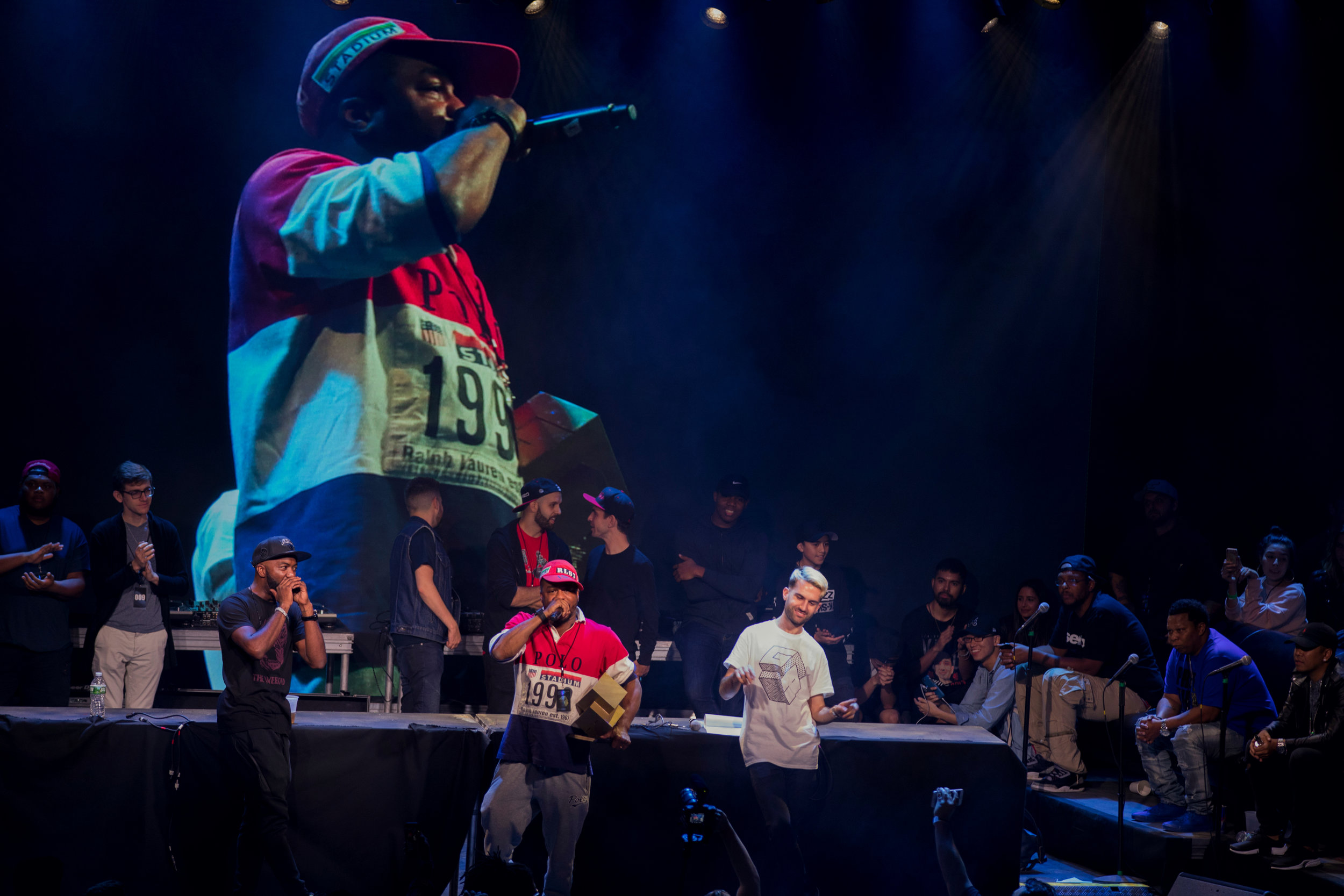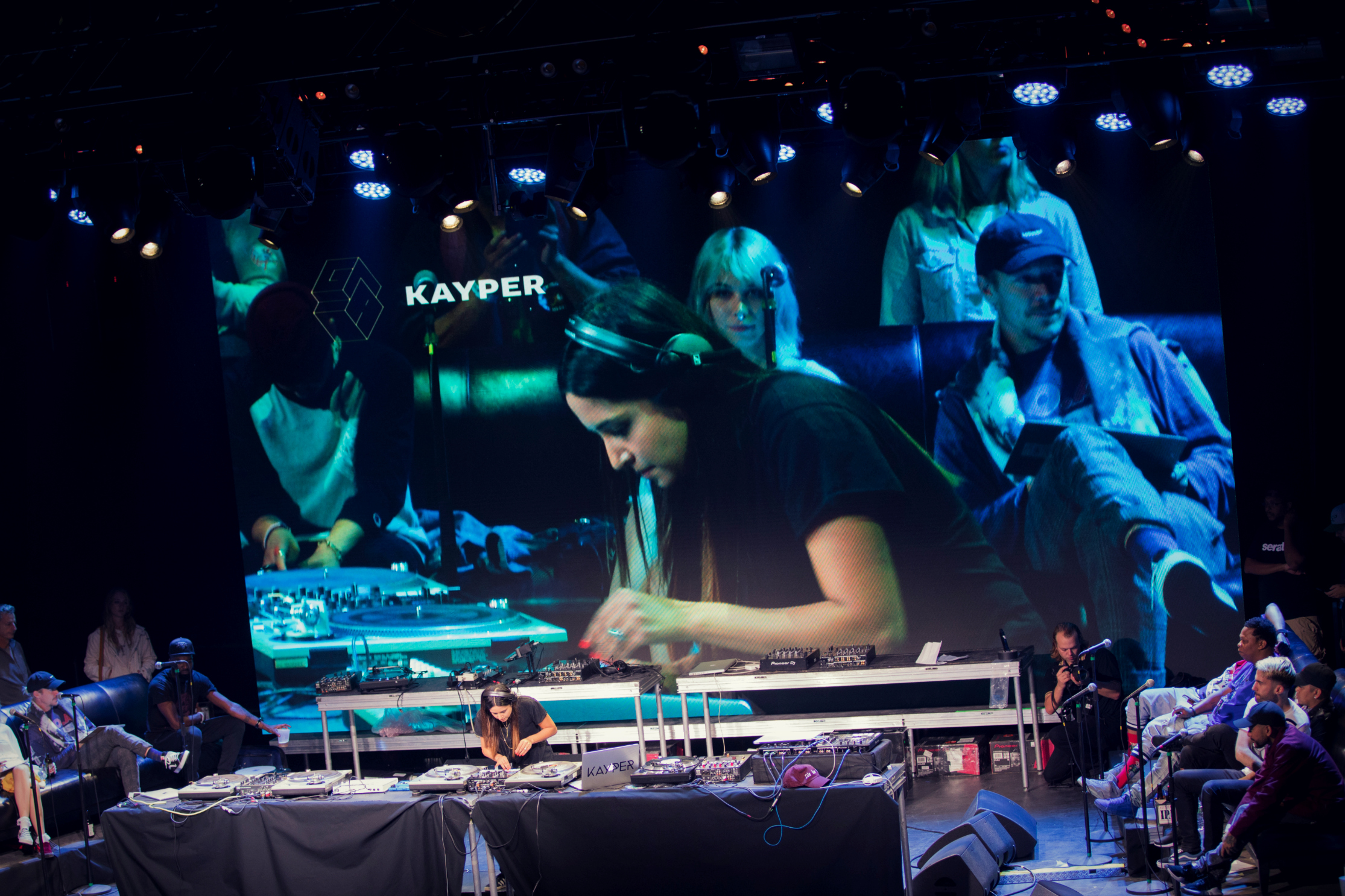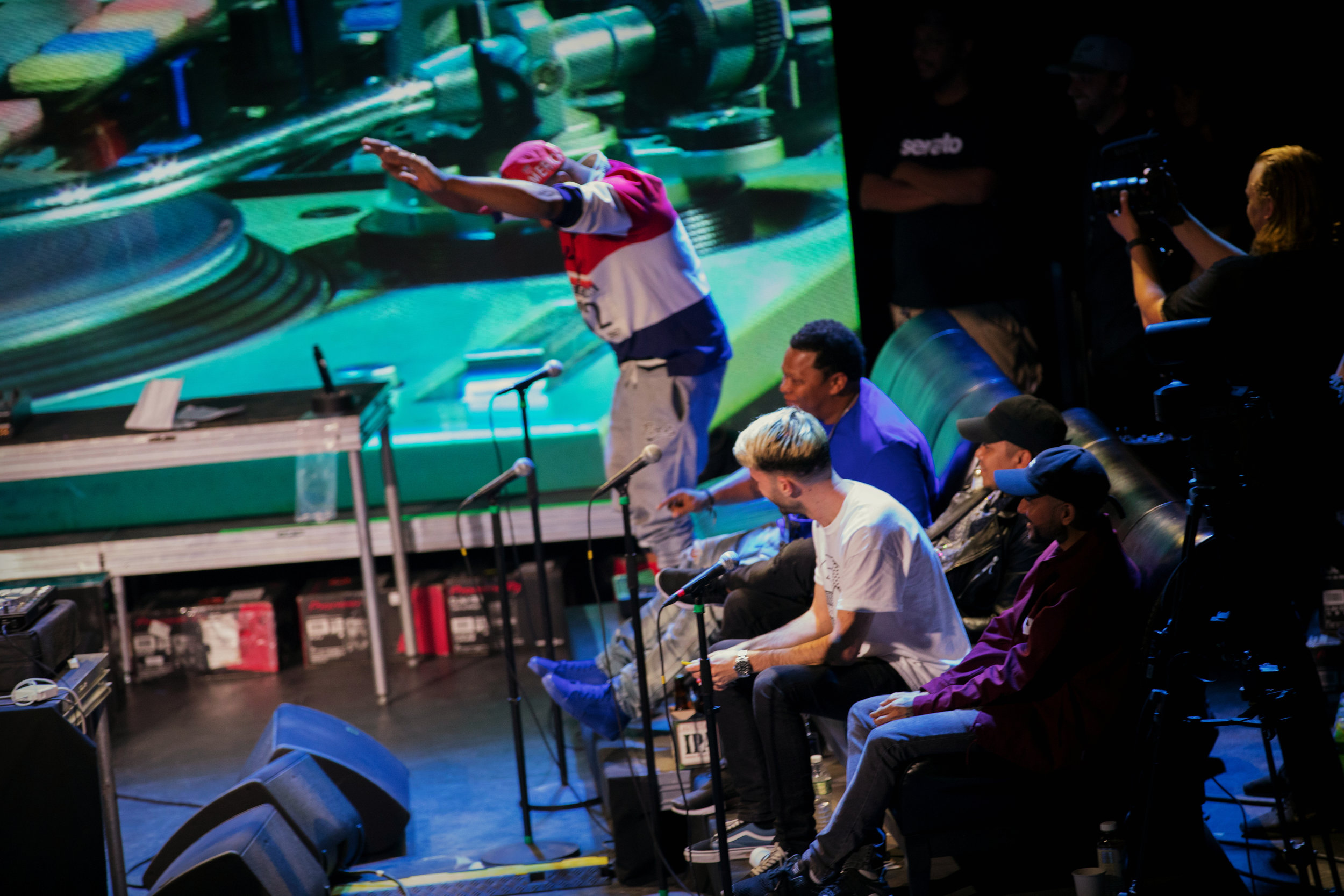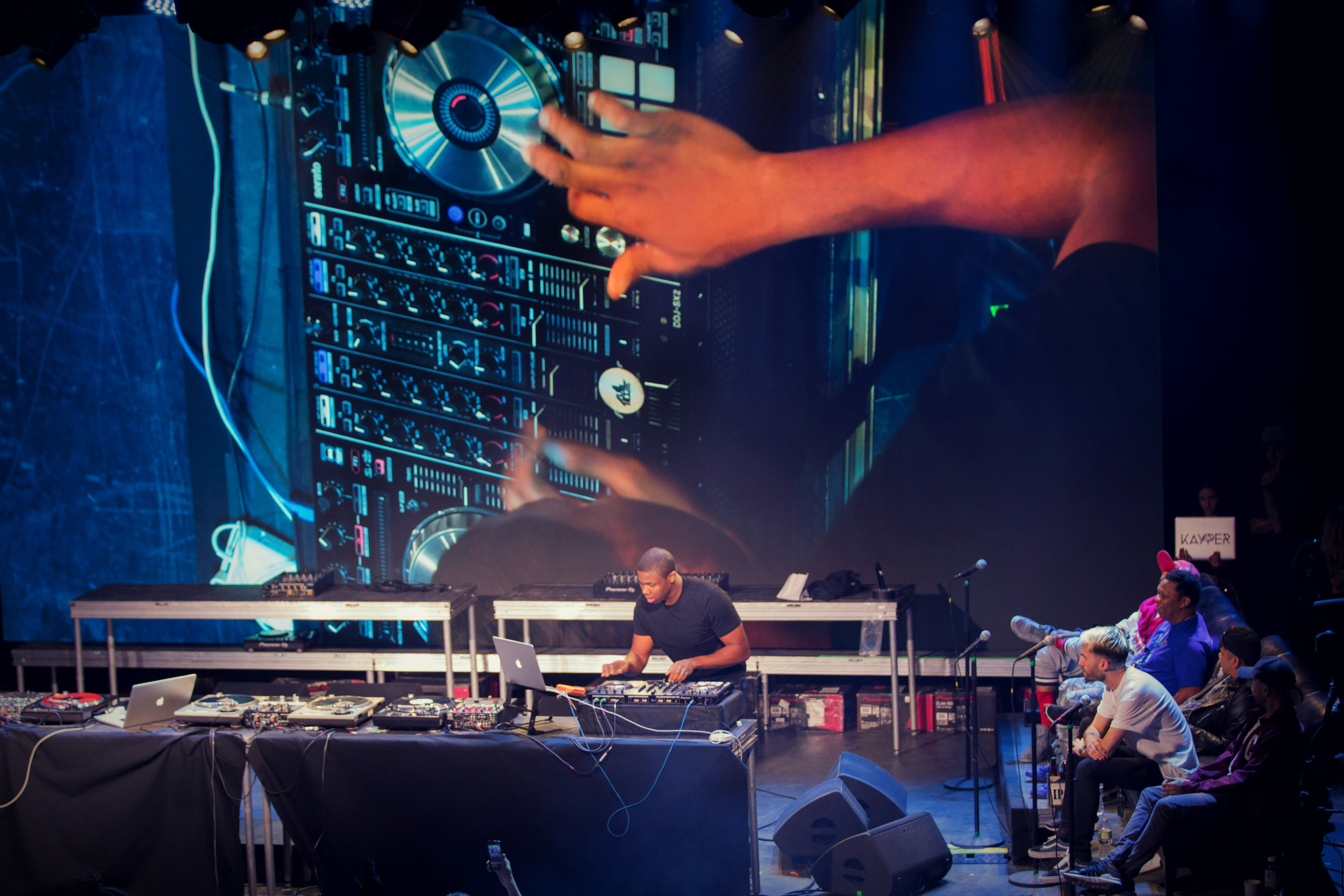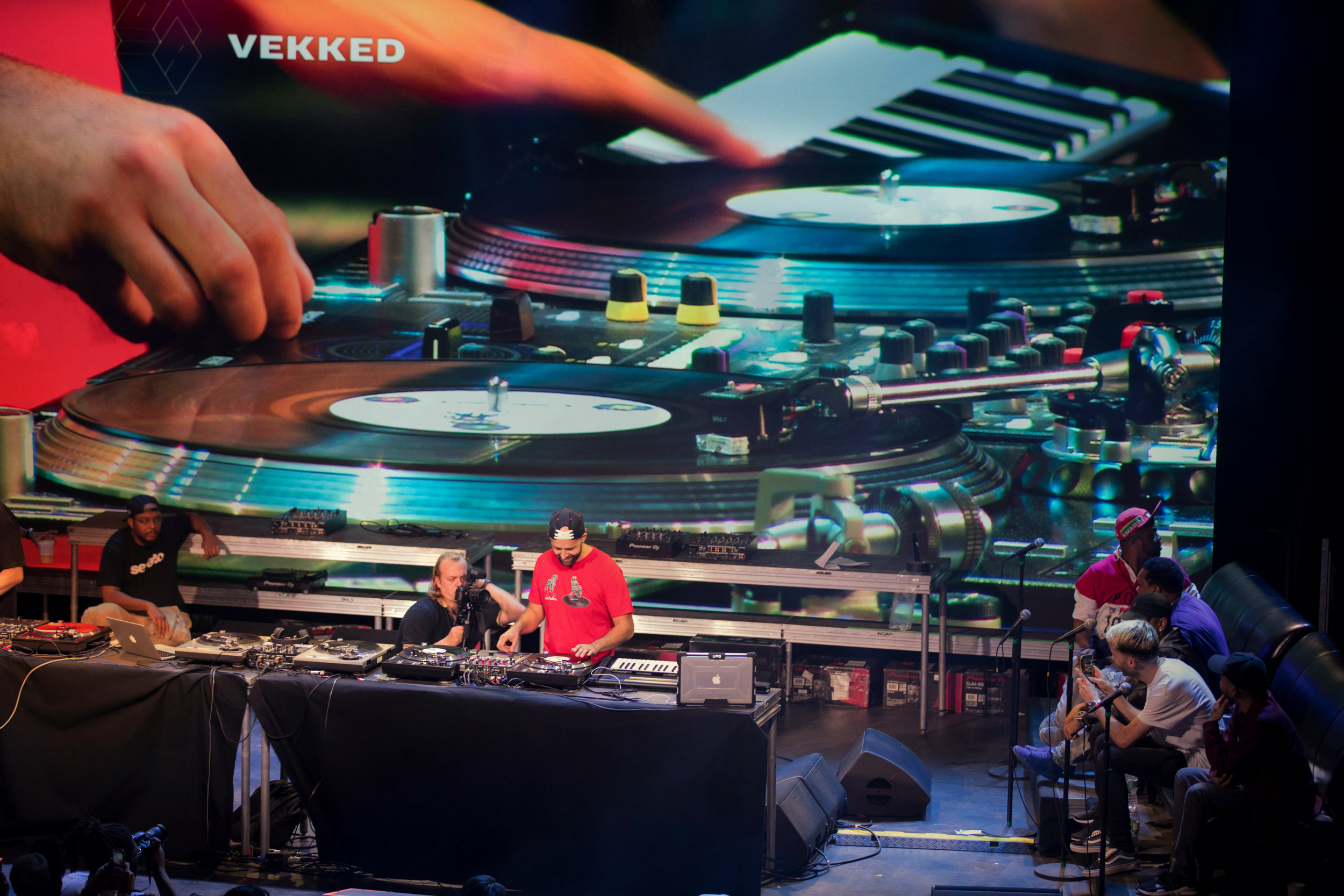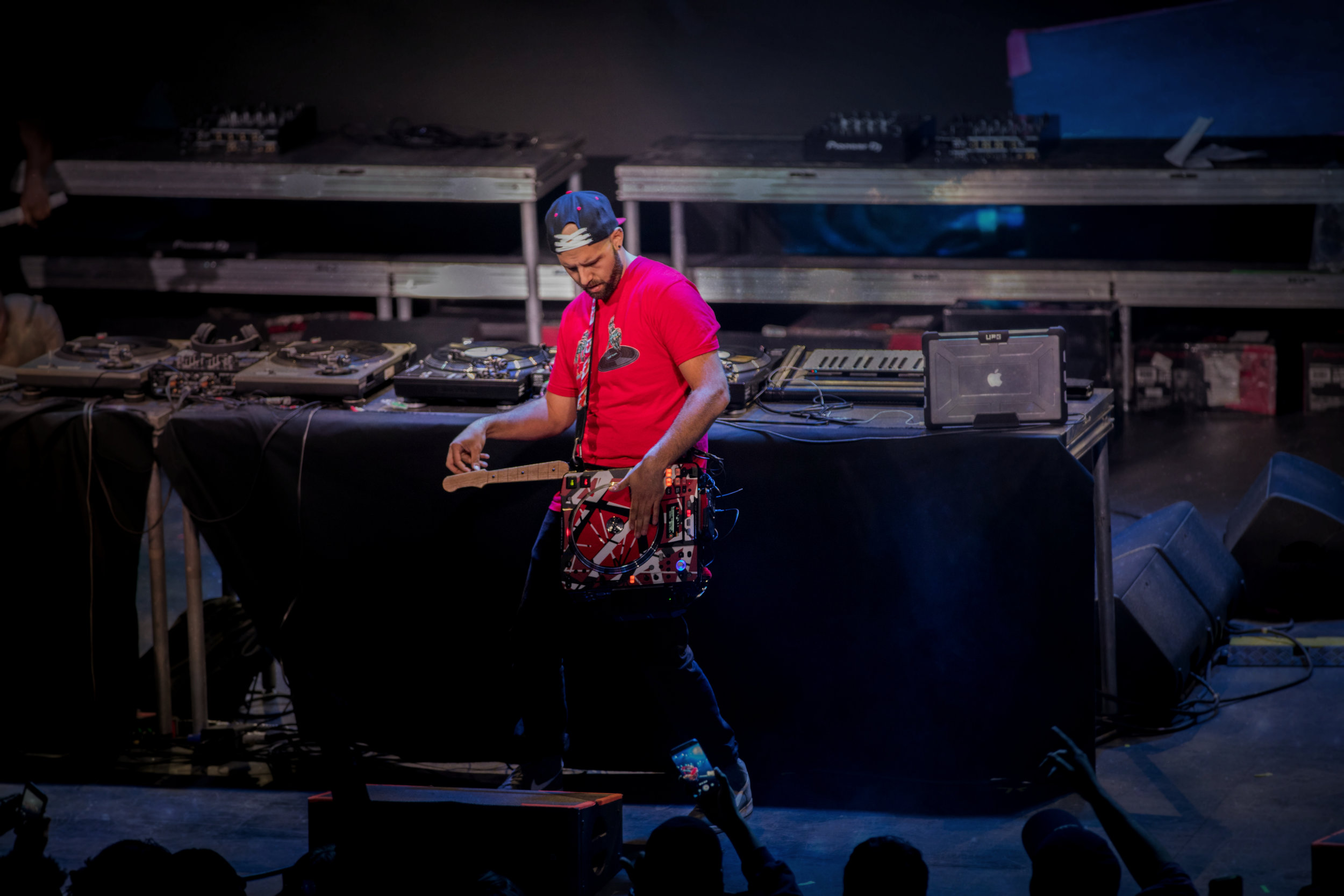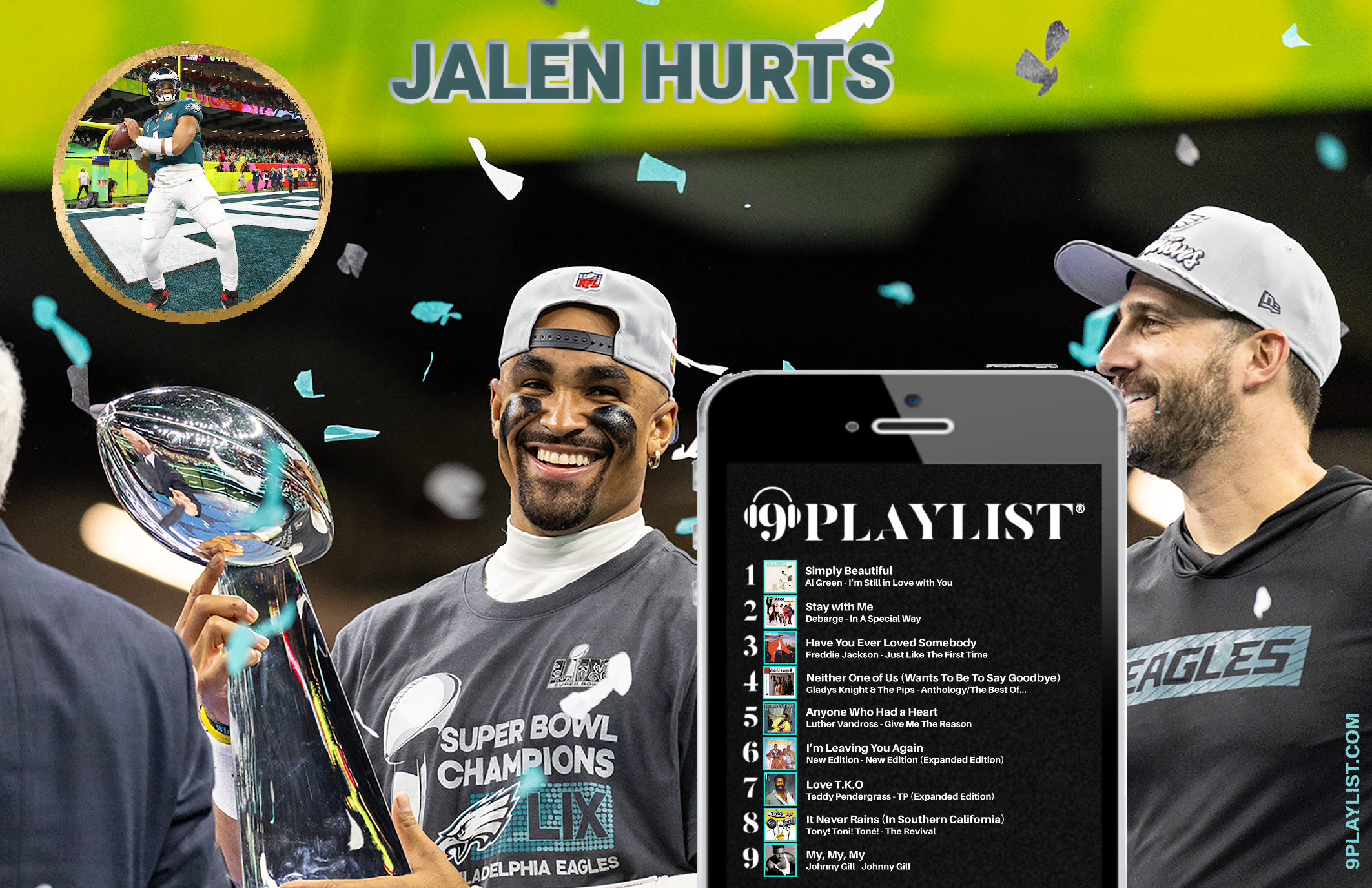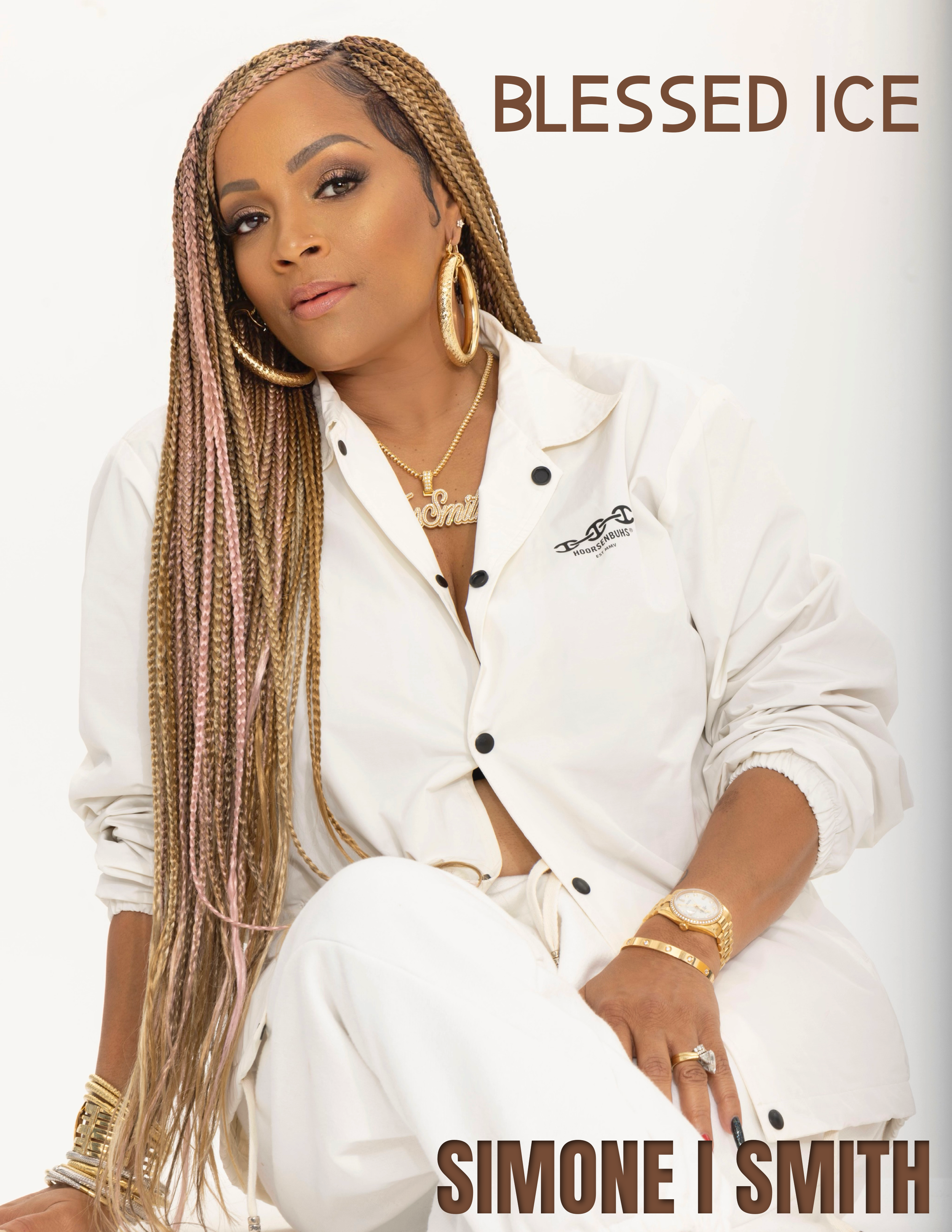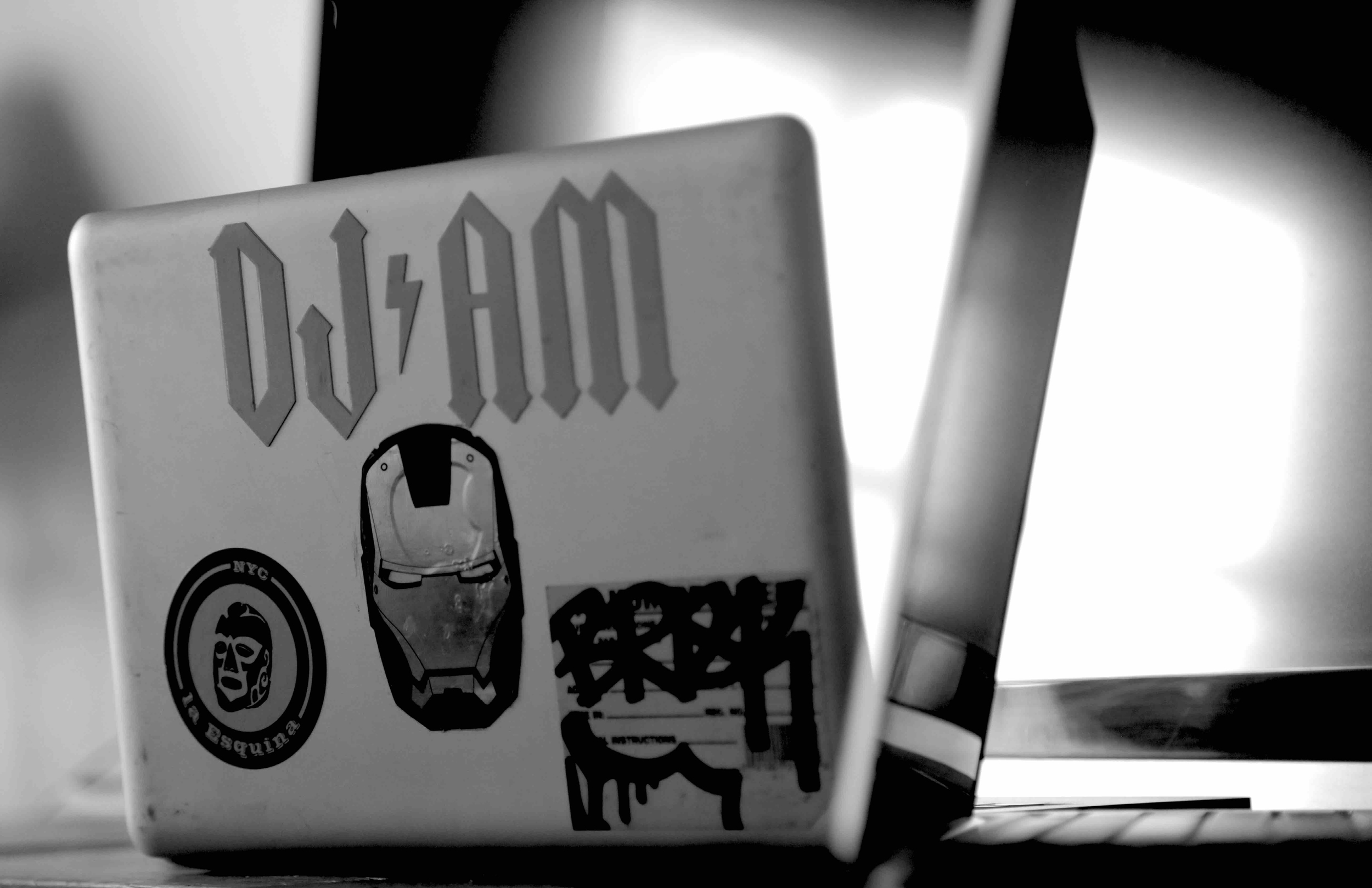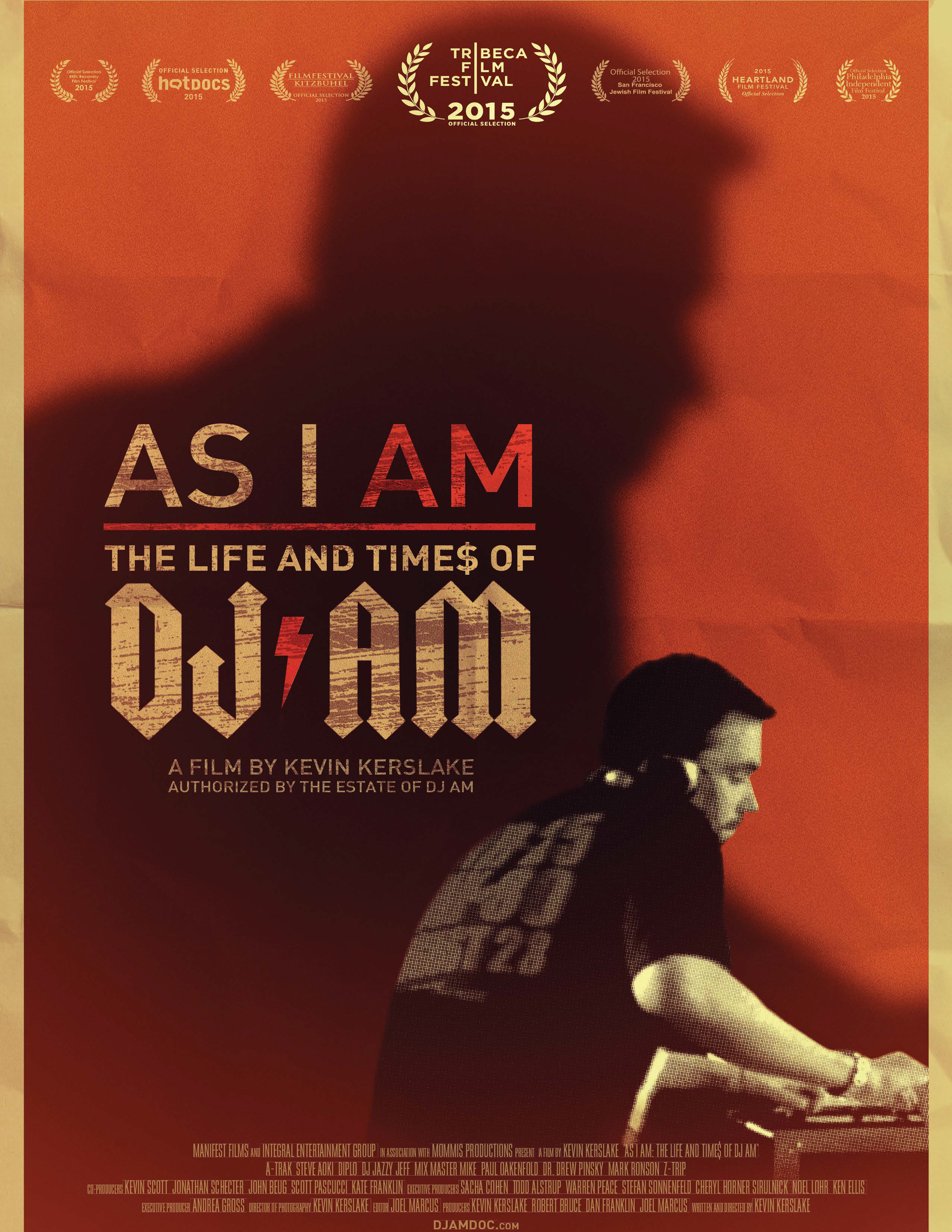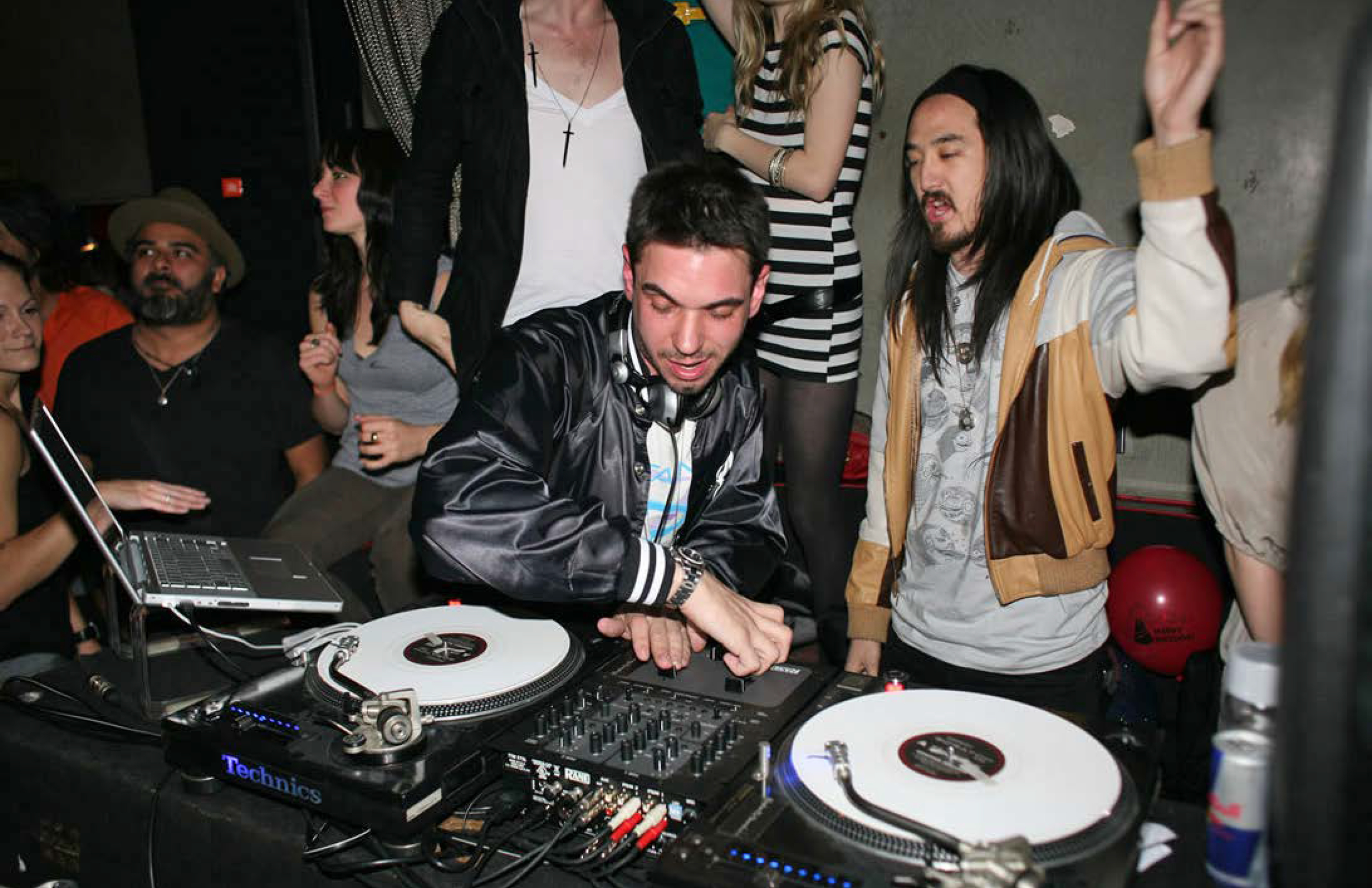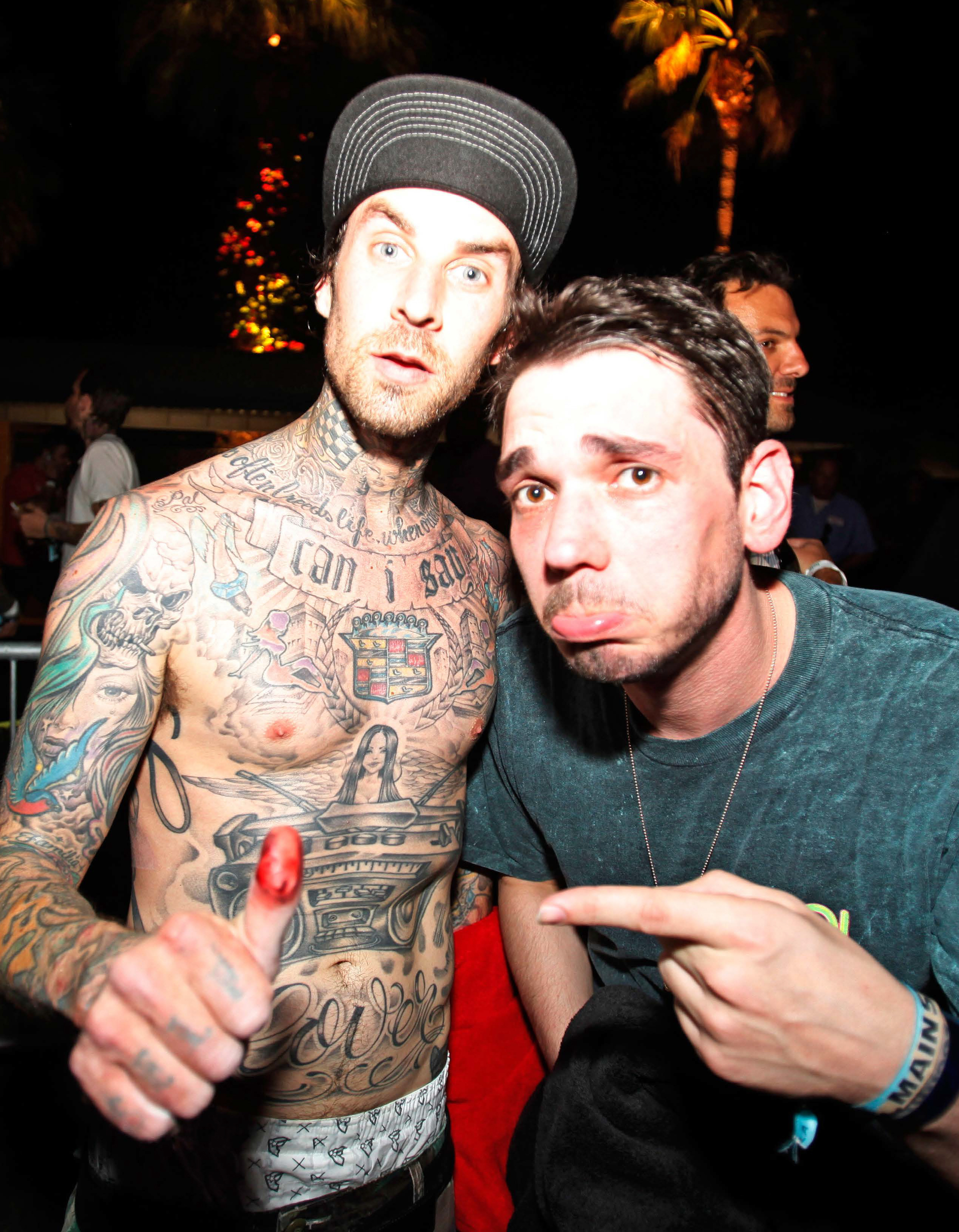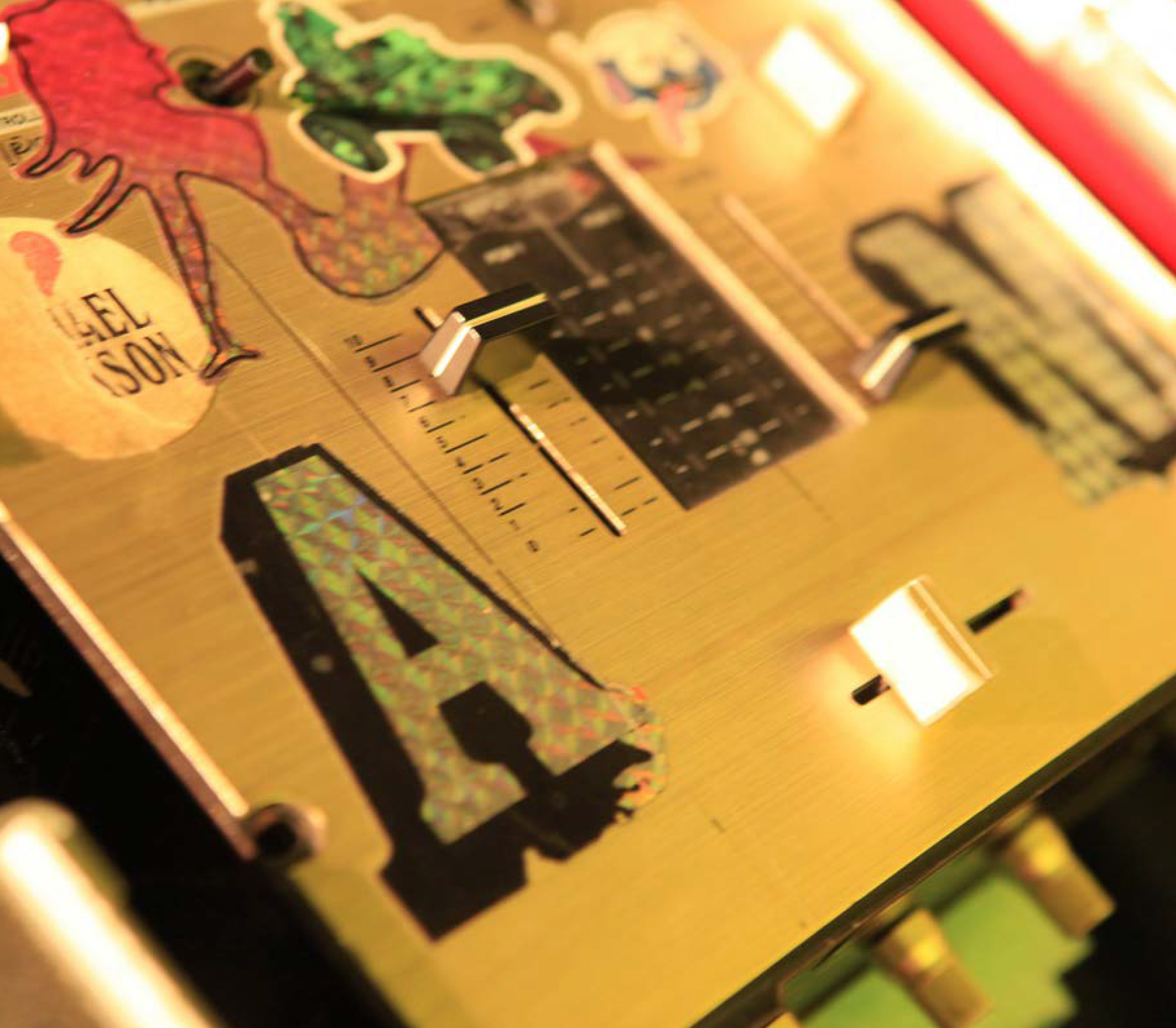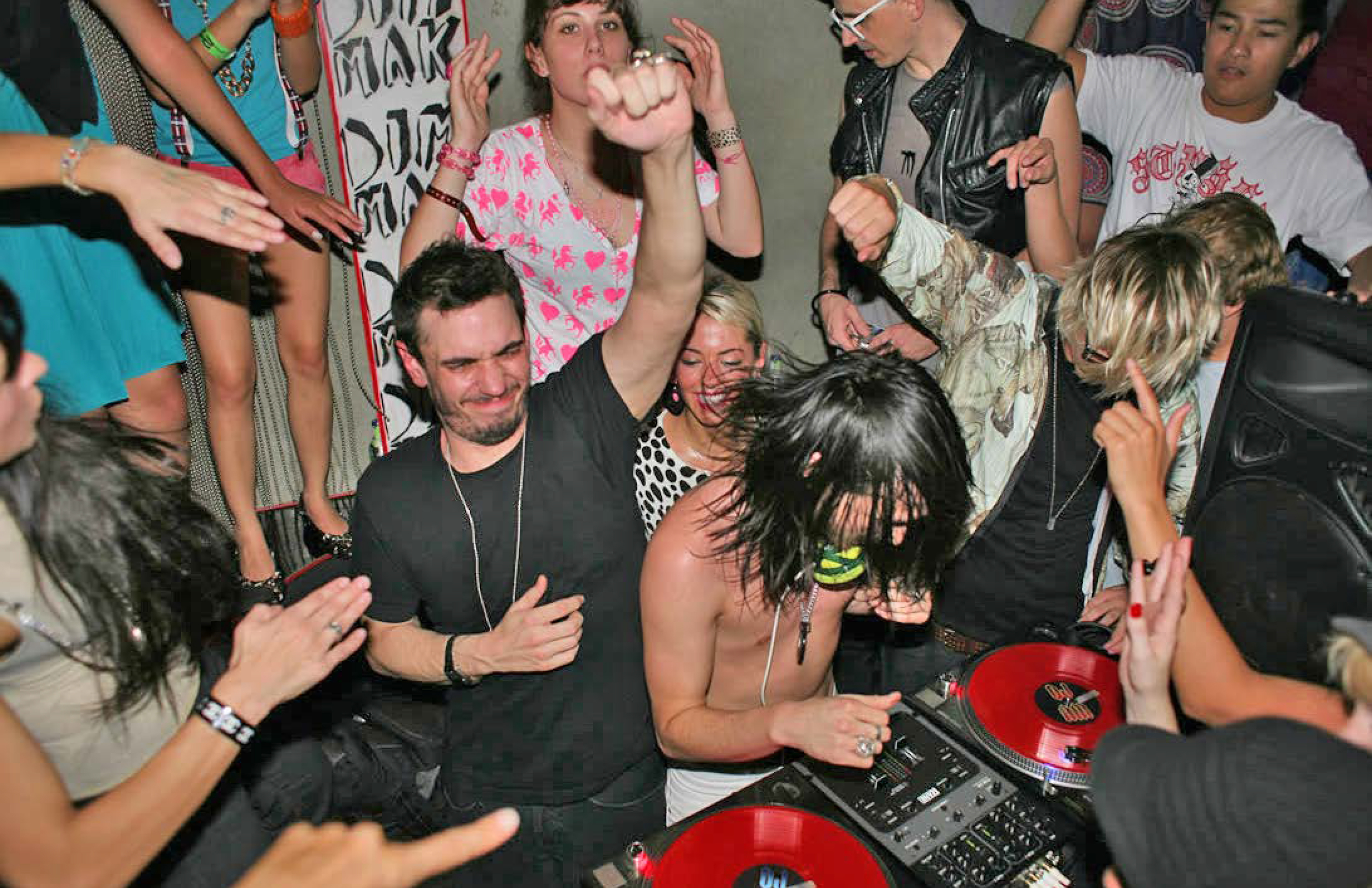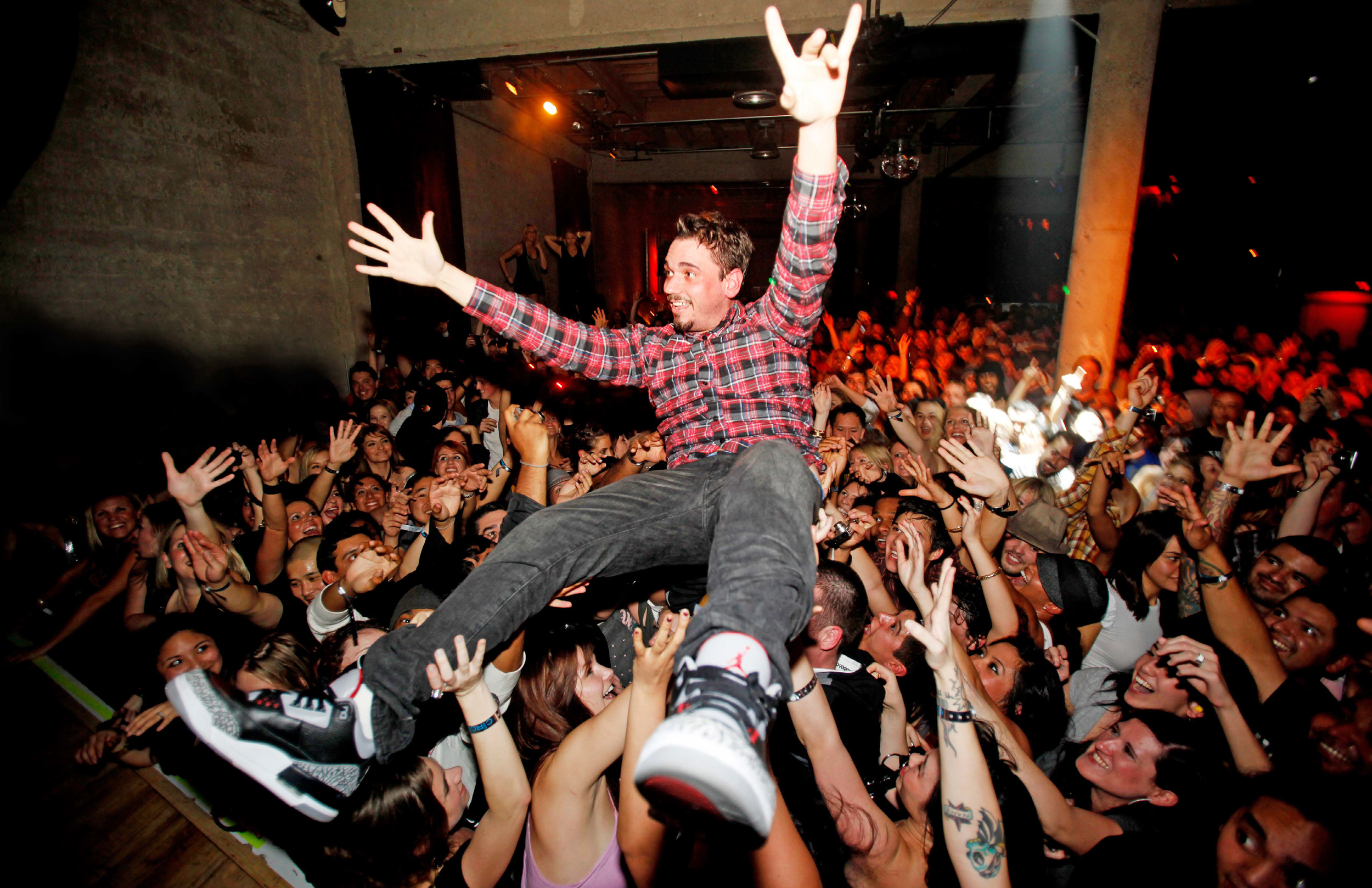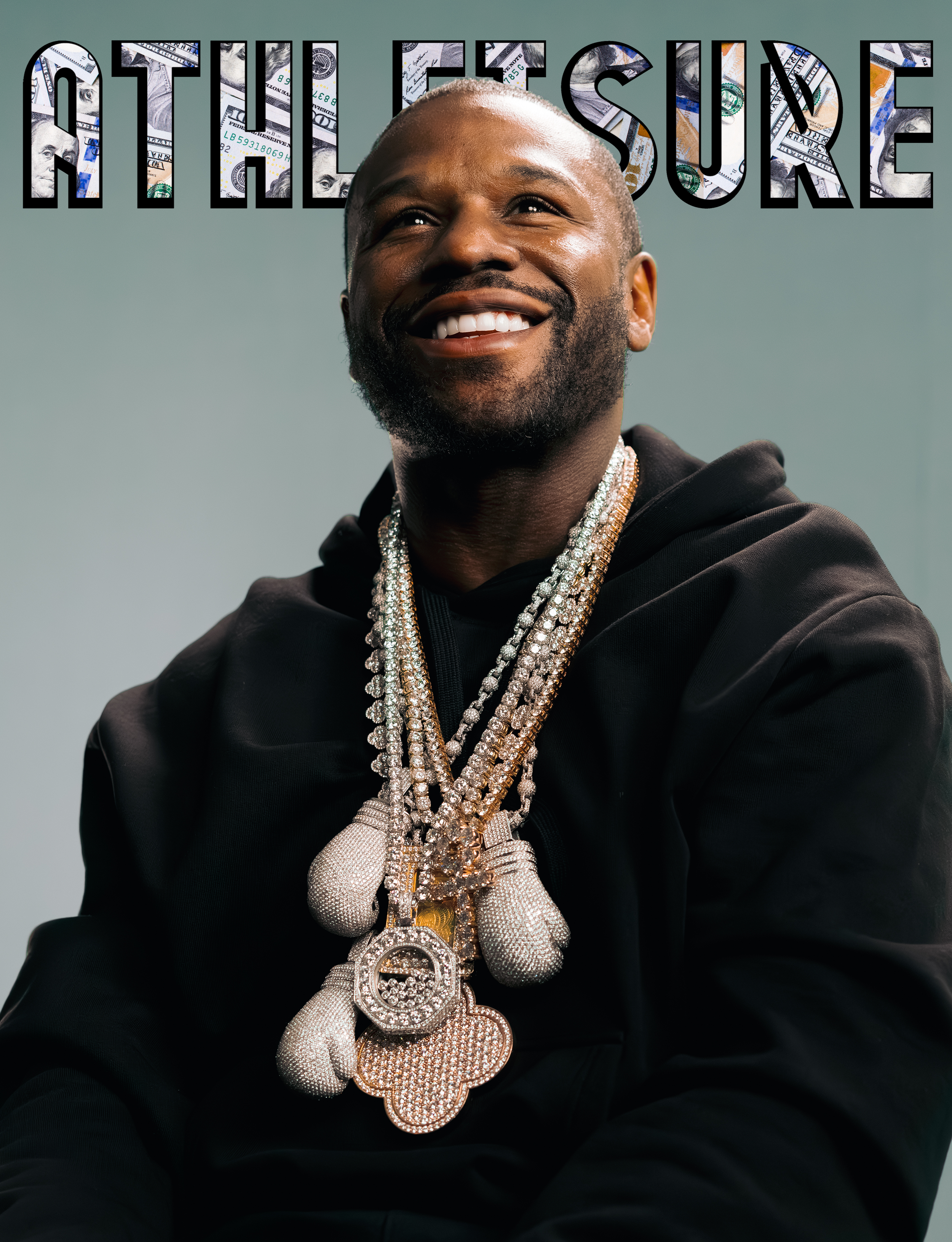AM: There is so much information when you're watching the film as a lot comes from him, how long did it take in terms of pre-, production, and post?
KK: To the day, it almost took 4 years to make! The first thing we did was to go through his laptops and desktop. There was so much material that we estimated that in the end we had over 100,000 stills, 10,000 video clips, 100's of mixes, letters and text messages that he had saved. In a sense, there was no pre-pro we just put things together. Documentaries are made in the edit. They don't follow the normal production pro- cess. You just start putting things together. Early on, we were given an audio element that was critical to the story. It was the Share that he did on his 11th sober birthday.
AM: Seeing that audio run through the film really struck us, we didn't think that people could have access to things that are said in Alcoholics Anonymous meetings.
KK: Adam put a recorder in his pocket and he did a Share at the meeting. He really tells his story. This film is really DJ AM from the inside- out. He narrates his own autobiography and like you, I thought that this might be (due to anonymity in AA) crossing a threshold. But in further research, I found that there was an entire network of Shares that were available. People who were unable to attend meetings but needed the inspiration that they provided could access them from downloads online to get the assistance that they need.
AM: In addition to his Share, the meditation video was another dynamic element in the narrative.
KK: It's funny, when you see these relics of what he used to bring him peace, they are very evocative of his state of mind. It showed what he yearned for that he didn't have living a life on the road or in the city.
AM: Documentaries pay homage to the person but, you see DJ AM providing tributes to a number of his friends within the DJ world is that something that you planned?
KK: What that said to me was, that he cherished his relationships and was a man for others. He was selfless in that regard. It tells you a lot about someone when you know who their heroes are. DJ Jazzy Jeff was really a central figure in his life. Just as a fan and someone who just has a great heart and is so solid.
AM: What do you think of what AM would think of the state of music now for DJs and doors that he opened?
KK: There is some speculation involved of course, but I think that people are pretty dialed into him within the scope of the music industry. He would be one of the biggest DJs on the planet still and would have gotten into production. He would have followed where that world was going when DJs started to produce more. Who knows where the Travis Barker and AM collab would have gone. Would they have added more people in the band? Would it have been more of a visual spectacle? That's more speculation too.
I think that what impressed me about Adam is, he was just a fan of music and I think that his ability to see the virtues of all sorts of genres, the power of music and how it was able to bring people together and move people. I think that would have continued on. The dark underbelly of that is what DJs are doing. A lot of sets are preprogrammed and maybe he would have been able to highlight some of the weakest aspects of where DJ culture is going and to arrest its slide into a bit of a robotic sense.
AM: What were your goals in creating this movie and how did that correlate to the expectations of those within the DJ culture and fans at large?
KK: This film exceeded my expectations, to be honest. My intention was to dive in and tell the truth and the whole story of AM, his musical impact and import as well as the story of his personal life. Once we got into certain periods of his life and found out there was an episode or circumstance that he had to plow through - they entailed a lot more adversity than what I was aware of and even his family and friends. Once we uncovered his secret stuff, the story took on great dimension and in the end you have a real sense that you know him and that you have lost a friend. It's someone that should still be here walking amongst us.
When you do a film, it involves a lot of things. Obviously, it includes story, structure, tone, laughs, tears and all of that. I think that my intention was to hit all of those different corners in AM's universe, but to do it in a style that had a certain fidelity to what he did musically. The film is a mashup in its own right and could pinball all over the map with a velocity that he spun. I feel that the film does that and with what I am seeing in terms of the reaction to the film, it's super rewarding.
AM: As the person who dedicated 4 years to the film - what do you do after this - take time off or go into the next project?
KK: Throughout my career, I have been fairly promiscuous with style. I can go from a miniseries to a music video to a documentary to a commercial to still photography. This is the longest time that I have been on a single project. It's also the most difficult job I have ever done politically, emotionally, financially - it brought everyone (especially me) to their knees.
In the past few years, we started putting the finishing touches on it to get it out to the world. I have been working on various projects as well. Releasing a film entails a lot of work as well and it's not like I am not working on it anymore. Now that we made it, it's making people aware that they can see it and share it with friends. This is less a commercial venture than extending Adam's legacy forward and it takes work and we're still working hard on getting it out there.
-----------
If you have yet to see AS I AM: THE LIFE AND TIME$ of DJ AM, visit their site to see where it airs in your city as additional theaters will be added throughout the summer.
Read more from the June Issue



